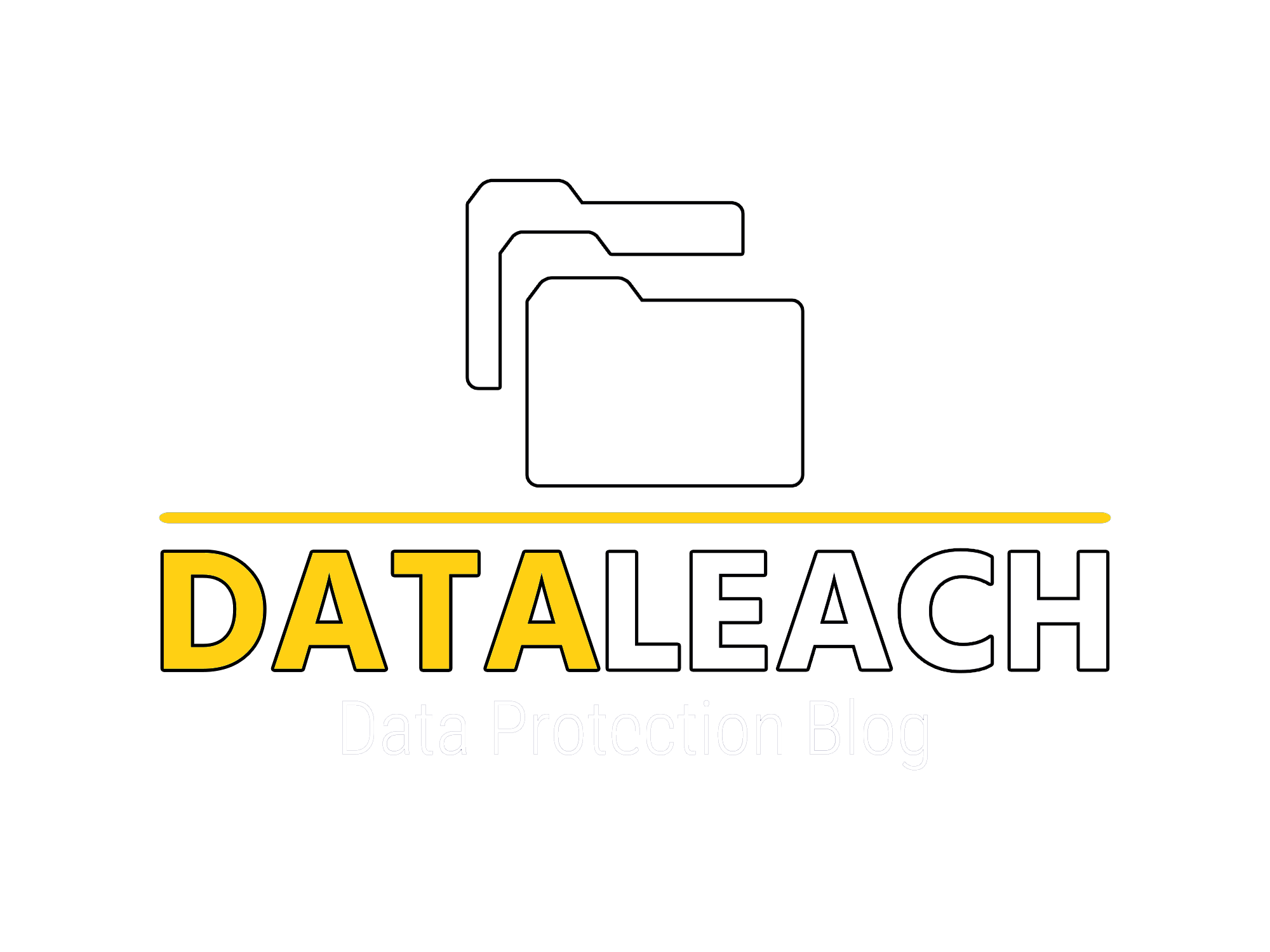In the dynamic realm of digital information, data loss is an unwelcome visitor that can strike at any time, leaving users grappling with the potential loss of valuable files and personal memories. Whether it’s a sudden system crash, an accidental deletion, or a hardware malfunction, data loss can be a distressing and frustrating experience. However, amidst the despair, there lies a beacon of hope – data recovery solutions.
Delving into the World of Data Recovery
Data recovery is the intricate process of salvaging lost or corrupted data from storage devices, such as hard drives, USB flash drives, memory cards, and CDs/DVDs. When data is deleted or corrupted, it doesn’t vanish into thin air; instead, it remains hidden within the storage device, awaiting the right tools to bring it back to life.
Unveiling the Types of Data Recovery
The world of data recovery encompasses two primary approaches:
- Logical Recovery: This method utilizes specialized software to meticulously scan the storage device, identifying fragments of deleted or corrupted data. The software then meticulously reconstructs the data, restoring it to its former state.
- Physical Recovery: In cases where the storage device itself has suffered physical damage, such as damaged read/write heads or platters, physical recovery comes into play. This intricate process involves physically repairing the damaged components to enable data retrieval.
Selecting the Right Data Recovery Solution: A Journey Through Options
Navigating the array of data recovery solutions can be a daunting task. To make an informed decision, consider these key factors:
- Type of Data Loss: Different data loss scenarios, such as accidental deletion, system crashes, or hardware failures, may require specific data recovery solutions.
- Storage Device Type: Ensure the chosen solution supports the type of storage device you need to recover data from, such as hard drives, USB drives, memory cards, or CDs/DVDs.
- Data Size: Some data recovery solutions may have limitations on the amount of data they can recover.
- Technical Expertise: Assess your technical comfort level and choose a solution that aligns with your expertise.
- Cost: Data recovery solutions vary in price, so consider your budget when making a selection.
Exploring Popular Data Recovery Solutions for Windows
The Windows landscape offers a diverse range of data recovery solutions, each with its strengths and capabilities:
- Recuva: This is a free data recovery software that is easy to use and can recover files from hard drives, USB drives, and memory cards. It has a simple interface and can recover files of various types, including documents, photos, and videos.
- EaseUS Data Recovery Wizard: This is a paid data recovery software that offers both free and paid versions. It can recover files from various types of storage devices, including hard drives, USB drives, memory cards, and more. It also has a user-friendly interface and can recover files of various types, including documents, photos, and videos.
- MiniTool Power Data Recovery: Another prominent solution with free and paid versions, MiniTool Power Data Recovery boasts advanced features and supports various storage devices and file types.
- Disk Drill: This powerful tool, available in both free and paid versions, tackles complex data loss scenarios and supports various storage devices and file types.
Venturing into Professional Data Recovery Services
For more severe data loss cases or those requiring specialized expertise, professional data recovery services offer a lifeline:
- SalvageData Recovery: This is one of the best data recovery Windows solutions available. This company offers a wide range of services, including file recovery, hard drive repair, and data recovery from CDs and DVDs. They have a team of experienced engineers who can help you recover your data quickly and efficiently.
- Data Rescue PC: Another trusted service provider, Data Rescue PC specializes in hard drive repair, file recovery, and data migration services.
Conclusion:
Data loss can be a disheartening experience, but with the right data recovery solution, restoring your lost files and regaining your peace of mind is not an impossible feat. Carefully evaluate your specific needs, budget, and technical expertise when selecting a data recovery solution. Remember, timely action is crucial, as the chances of successful data recovery are higher when the data loss incident is addressed promptly.

